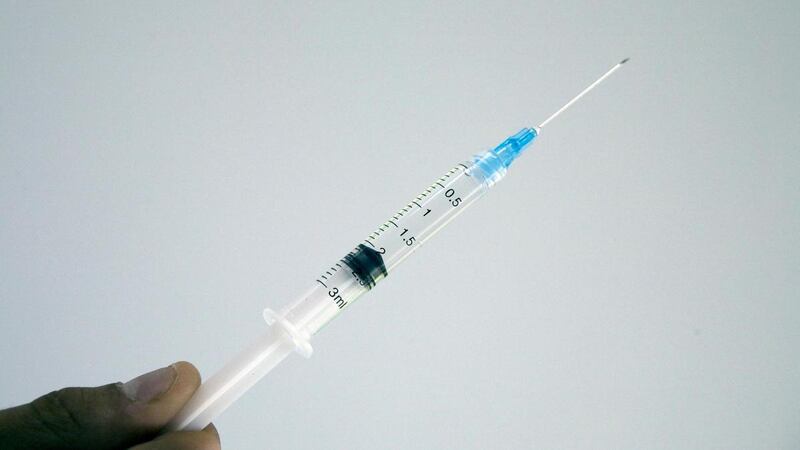The number of people with diabetes in the Middle East is set to double within the next 30 years, but doctors in the UAE are leading the fight against a global health epidemic.
A conference held by Imperial College London Diabetes Centre in Abu Dhabi on Saturday revealed how researchers are trying to combat the worrying rise.
It is estimated that one in five people in the Emirates suffers from diabetes, a condition that can cause multiple serious health problems including heart disease, and damage to organs including the eyes and kidneys.
Dr Emad George, consultant endocrinologist and diabetologist at ICLDC, admitted international diabetes figures make for stark reading.
But he believed the forum offered doctors a vital opportunity to come together to tackle a common concern.
“We see it as a chance to spread expertise to benefit care for patients across Abu Dhabi. We are focused on providing updates and advances in many aspects on diabetes care,” said Dr George.
There is a pressing need – both in the region and internationally – to address a surge in diabetes cases, he said.
“We are seeing a global increase. Cases have tripled in the past 20 years and there were 425 million in 2017, and it is predicted that by 2045 this figure will rise to 630 million.
“In the Mena region, there are probably fewer than 40 million people with diabetes that we know of, but by 2045 that number is expected to double,” Dr George said.
While the international outlook may appear bleak, doctors believe their hard work will deliver results.
“In fairness, the estimates have been reasonably accurate but there is some evidence that diabetes rates have been reduced in Abu Dhabi.
“The public health initiatives that have been put in place are having an impact,” said Dr George.
ICLDC’s conference was an opportunity for the medical community to exchange ideas, practices and discuss the latest techniques being used to help turn the tide.






